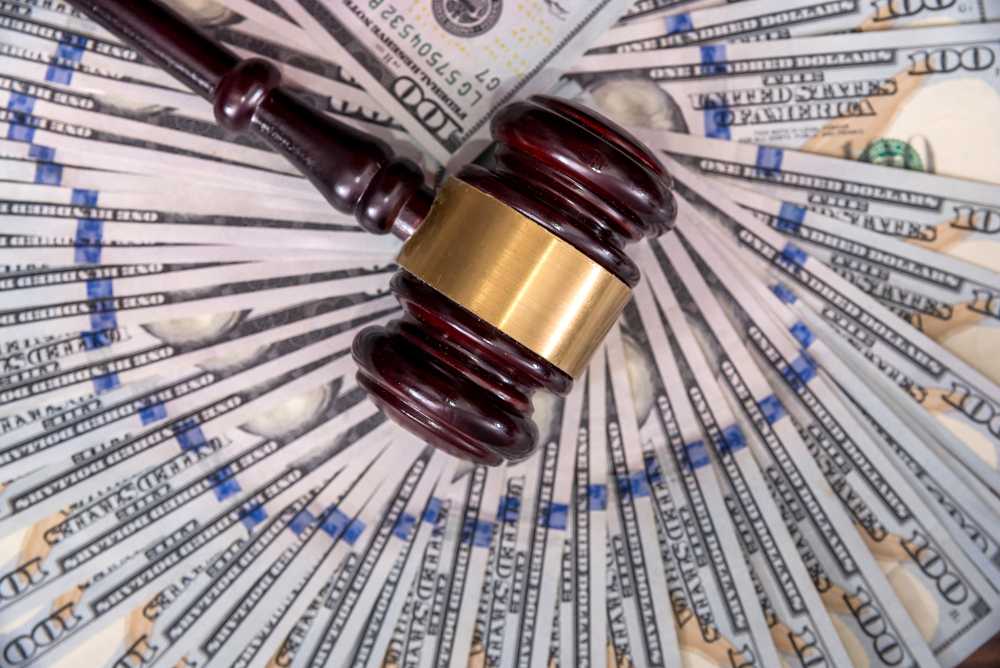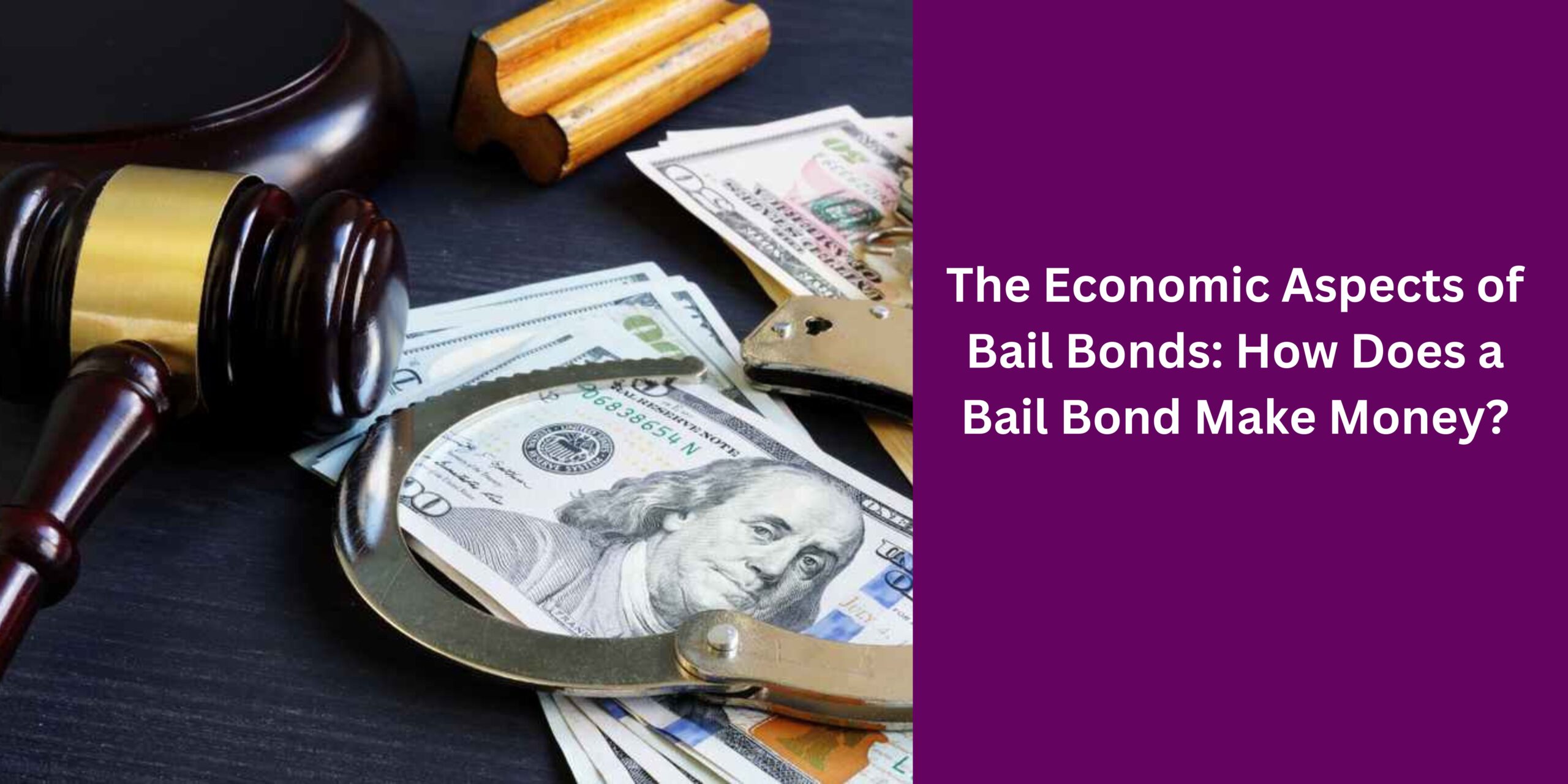
How Does a Bail Bond Make Money?
Written on November 14, 2023. Posted In Bail Bond, Bail Money
Bail bonds play a pivotal role in the U.S. criminal justice system, offering a pathway to pretrial release for many accused individuals. But how does a bail bond make money? The answer to this question is multifaceted and involves understanding bail bonds’ operational intricacies, the legal environment they operate in, and the risks they undertake. Let’s delve deeper into this topic to understand how this industry works and generates revenue.
Decoding the Concept of Bail Bonds
A bail bond is essentially a form of insurance policy that guarantees that a defendant will appear in court for their scheduled trial. It acts as a contract between three parties—the bail bondsman, the court, and the defendant. If the defendant fails to appear in court, the bail bondsman is held responsible and must pay the full bail amount to the court.
Who is a Bail Bondsman?
A bail bondsman, also known as a bail bond agent, is a licensed professional who provides the court with a guarantee (the bail bond) that the defendant will appear for their trial. This service is availed when the defendant or their family cannot afford to pay the entire bail amount set by the court.

There are several ways a bail bondsman generates income. Here are the primary ones:
1. Non-refundable Premium Bail Fee
A bail bondsman charges a non-refundable premium fee, typically up to 10% to 15% of the full bail amount. This fee acts as the service charge for providing the bail bond and remains with the bail bond agent, irrespective of whether the defendant appears in court or not. This premium bail fee is the primary source of income for bail bond companies.
2. Payment Plans
In certain cases, the defendant’s family or friends might not be able to afford the premium bail fee. In such scenarios, a bail bondsman might work out a payment plan, allowing them to pay the fee in installments. This flexibility can attract more clients, potentially increasing the bail bondsman’s income.
3. Collateral
The defendant may provide collateral—like real estate properties, vehicles, jewelry, cash, stocks, bonds, or bank accounts—for the bail amount. If the defendant fails to appear in court, the bail bondsman has the right to sell this collateral to recover the bail amount plus any additional expenses incurred.
4. Bounty Hunting
In some states, if a defendant skips their court appearance, a bail bondsman has the right to locate, apprehend, and bring them to court. This process is often carried out by bounty hunters, who are paid a percentage of the bail amount by the bail bondsman for their services.
State Regulations Impacting the Bail Bonds Business
The regulation of bail bondsmen and the maximum fees they can charge vary widely by state. In Atlanta, GA, which is governed by Georgia state laws, the typical fee charged by bail bondsmen is 10-15% of the total bail amount. However, this fee can depend on various factors, such as the risk associated with the bond. Some states don’t allow private bail at all, requiring defendants to go through the jail system. Others have no maximum limit but stipulate that bail fees cannot be excessive, inadequate, or discriminatory. Federal courts typically set their bond rates at 15%, and immigration bonds are set at 20%.
The Risk Factor in the Bail Bonds Business
The bail bonds business is not without its risks. If a defendant fails to show up in court, the bail bondsman is liable to pay the full bail amount to the court. In such cases, they might have to sell the defendant’s collateral or hire a bounty hunter to locate the defendant—a process that can be time-consuming, risky, and expensive.
Need Assistance with Bail Bonds? Contact Free At Last!
At Free At Last Bail Bonds, we understand that every case is unique. That’s why we offer comprehensive bail bonds services for a variety of charges, including criminal, traffic, juvenile, appeal, and federal bonds. Our team is available 24/7 to provide support when you need it the most. We also offer flexible payment plans to cater to your specific needs.
If you or a loved one is in need of a bail bond, don’t hesitate to get in touch with us at Free At Last Bail Bonds.

